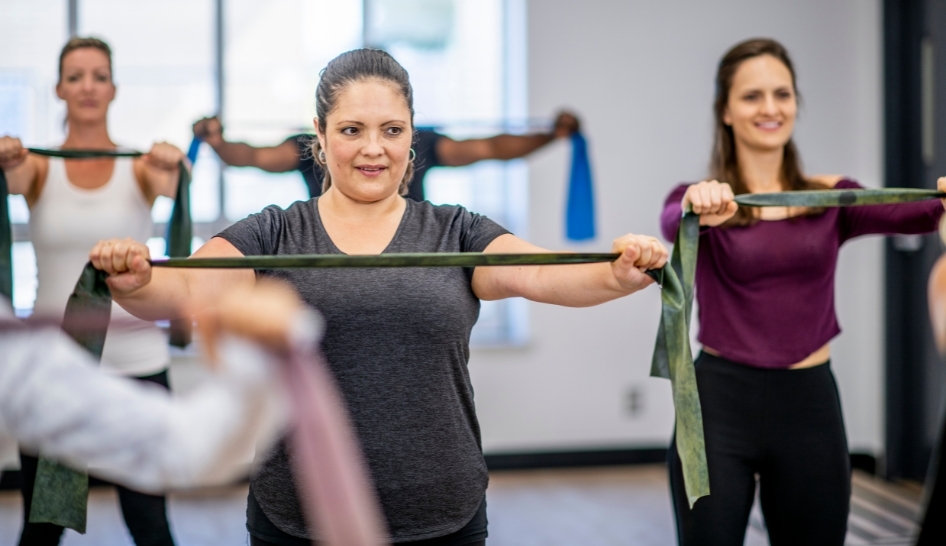In January, Erik Lindseth, senior vice president and general counsel of Life Time, was appointed to the IHRSA Board of Directors to serve as the representative for the National Health & Fitness Alliance. Erik is a voice for the advocacy group in driving the strategic direction of U.S. advocacy for IHRSA and the wider industry.
A passionate advocate for the industry, Erik joined Life Time in 2006, becoming General Counsel of the company in 2010. Based in Chanhassen, MN, Life Time was founded in 1992 by Bahram Akradi and currently operates more than 160 luxury athletic country clubs in the U.S. and Canada.
CBI recently caught up with Erik shortly after he joined the Board to find out where he thinks the industry is headed and how advocacy impacts the trajectory.
CBI: How do you see your presence on the IHRSA Board impacting the National Health & Fitness Alliance and IHRSA's all-around advocacy efforts?
Erik Lindseth: The IHRSA Board has numerous priorities, including designing and running a trade show, and providing training and educational materials, but I think legislative advocacy should be the most important organizational objective. The hiring of Liz Clark, who is a D.C.-based CEO, the creation of the National Health & Fitness Alliance, and the appointment of a representative to the Board proves that it’s a priority for IHRSA leadership.

